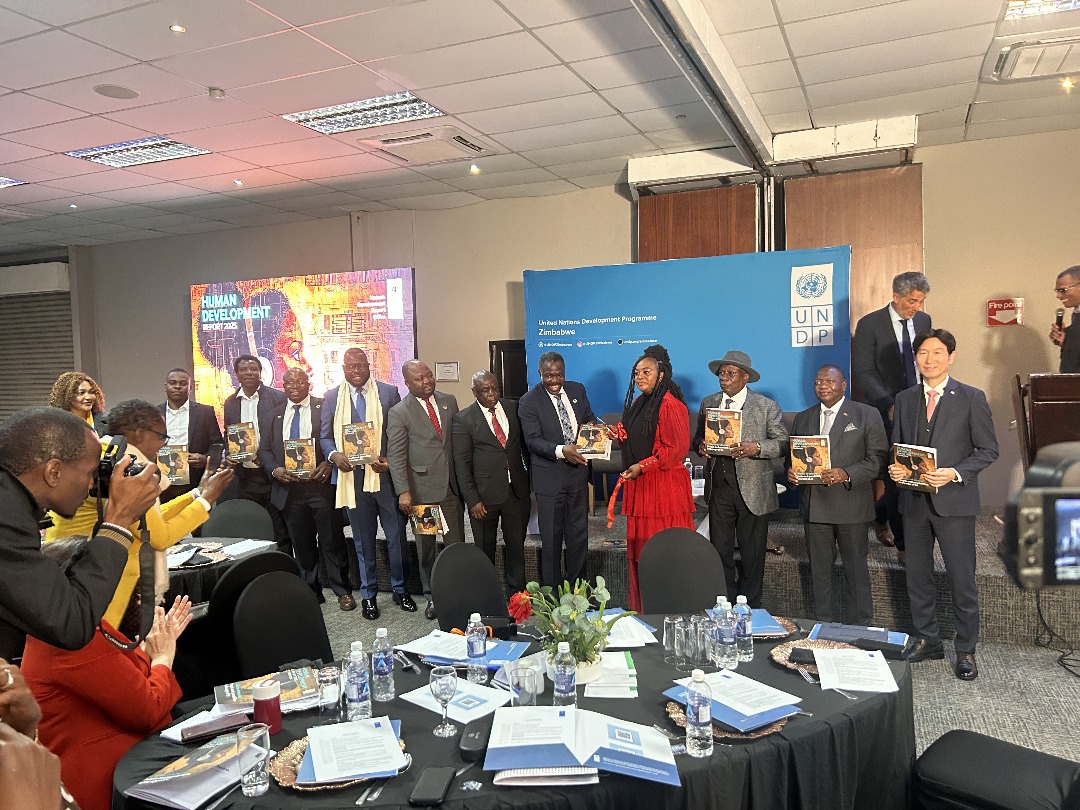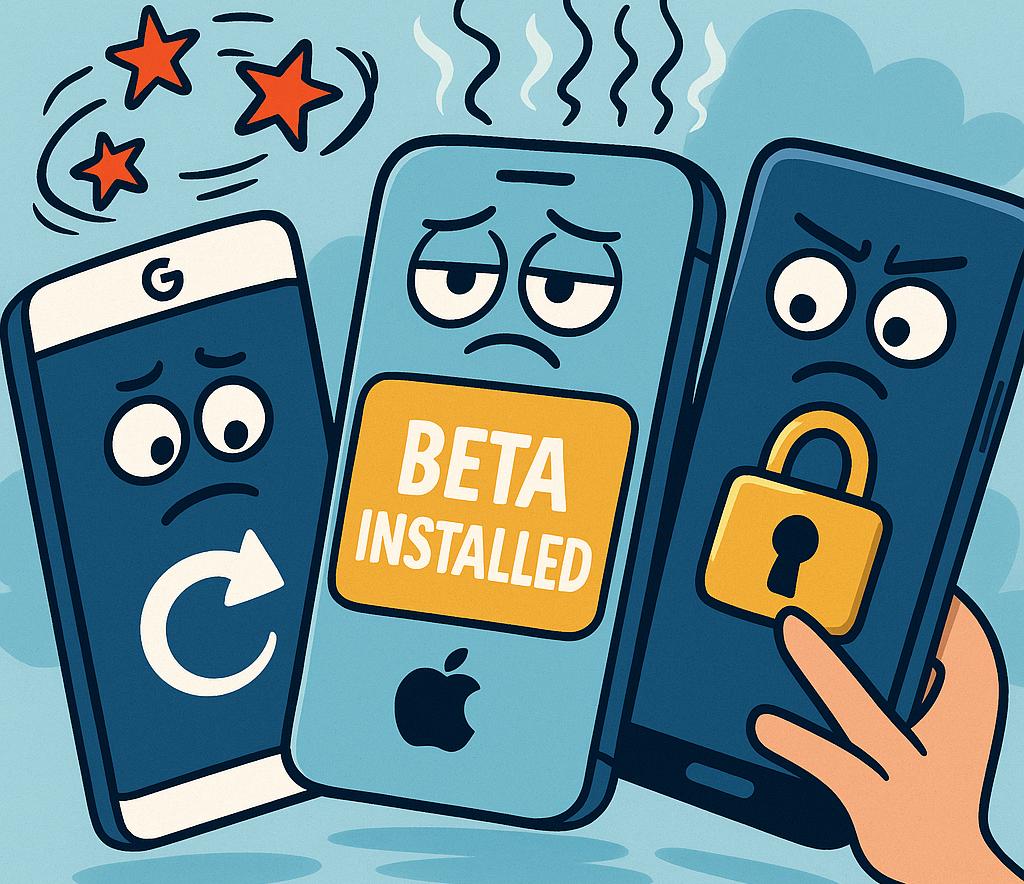Former First Lady Grace Mugabe‘s name is now being apparently used by scammers to swindle people. I am not referring to the traditional way names are used in the political arena for personal gain. There is nothing new about that in Zimbabwe. Instead, Grace Mugabe’s name has come up in the latest spat of 419 scams.
A brief introduction to 419 scams
It is sometimes called the Nigerian Scam (Nigerian Letter by the FBI) because of its prevalence in the country in the 1990s. The 419 number designation comes from Nigeria’s criminal code section 419. It should also be said that 419 fraud or scams aren’t only limited to Nigeria as we are seeing with this case.
Even though these scams have been around for decades they are still pretty effective. One reason for this is that they are constantly updating the sob story which is used as bait to match current events.
These scams are also known as advance fee scams basically they take the following form:
- A potential mark is told a sad or incredulous story for example you have won US$30 000 or I am a Nigerian Prince who wants to move their wealth to this or that country usually some developed country. This is where Grace Mugabe’s name comes in.
- You are supposed to get in touch with the person who told you the story
- After a series of back and forth to “establish your identity,” you are told the money is ready
- You are now supposed to send a relatively small amount of money to some person to facilitate the deal e.g. courier fees for documents to be sent as the prize money cannot be used for this purpose or in Grace Mugabe’s case, her wealth is tied up and cannot be used until the very end
- If you send money the scammer will engineer another problem that requires you to pay again and again until you finally give up.
The odd but believable story of Grace Mugabe

When the coup that was not a coup happened in 2017 there were rumours and news clips of briefcases full of money. It’s probable that the political elites that fell out of favour with those currently in power had money stashed somewhere. Many tales have been told about the former first family’s hidden wealth.
Those murky stories are the perfect hook that will lure those unfamiliar with these scams. It’s easy to dismiss them as ineffective. I mean who would fall for this sob story? The thing is scammers work with volumes. For less than a dollar, they can send millions of messages to potential marks.
Even if only 1% fall for the scam they still stand to make a profit. Usually, it’s the older less tech-savvy people in rich nations that sometimes fall for this. If the scammer ensnares about a thousand of these and gets about twenty dollars each from them that translates to a big payday of US$20 000. This explains why the 419 scam continues. It’s an easy and cost-effective scam.
Don’t fall for this
This is Techzim and so the bulk of people reading this would never fall for this. However here is a general set of rules that you will find useful in protecting yourself from similar scams:
- If it’s too good to be true then it’s too good to be true. Miracles do happen but no one is going to hand you a million dollars just like that. Unless of course, they are a crazy guy called Mr Beast in which case do your due diligence
- If an email is flagged as Spam or a Scam then it probably is a scam
- Look at the domain from which the email is coming from. This used to be easy but these days domain names are so cheap scammers can probably buy something close enough to the official domain of the company they are claiming to be.
- Google the name of the company or organisation and use the official emails listed on their official site to communicate instead of the email in the scammer’s original email
- When you win a real lottery the lottery company just gives you your money they don’t ask for any advance
- Again beware of individuals or purported entities that ask you for an advance in pursuit of a promised payday for you
- You can also take excerpts of the email and Google them with the word 419. For example “Grace Mugabe 419”. Scammers use templates to save time and chances are that the scam has already been unmasked.













Comments
3 responses
I used to reply to these messages back in the day. i would play along up until they ask for the processing fee, usually US$200. I would then tell the guy to deduct his US$200 from my US$45 mil, lol
Scam baiting is a fine sport!
9juo5o8k
kkmk